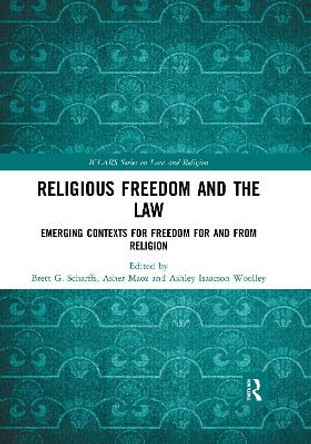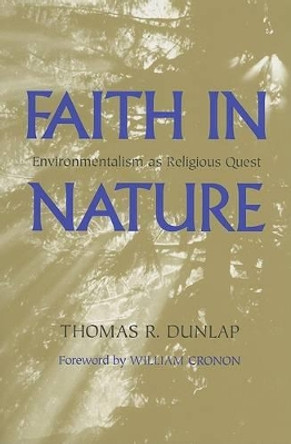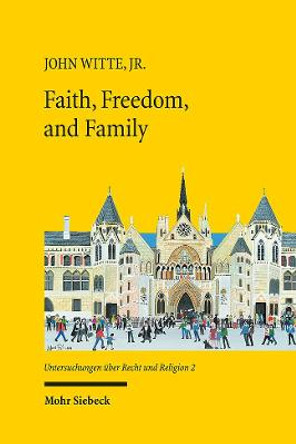Religious freedom is one of the most debated and controversial human rights in contemporary public discourse. At once a universally held human right and a flash point in the political sphere, religious freedom has resisted scholarly efforts to define its parameters. Taliaferro explores a different way of examining the tensions between the aims of religion and the needs of political communities, arguing that religious freedom is a uniquely difficult human right to uphold because it rests on two competing conceptions, human and divine. Drawing on classical natural law, Taliaferro expounds a new, practical theory of religious freedom for the modern world. By examining conceptions of law such as Sophocles' Antigone, Maimonides' Guide of the Perplexed, Ibn Rushd's Middle Commentary on Aristotle's Rhetoric, and Tertullian's writings, The Possibility of Religious Freedom explains how expanding our notion of law to incorporate such theories can mediate conflicts of human and divine law and provide a solid foundation for religious liberty in modernity's pluralism.
A theory of religious freedom for the modern era that uses natural law from ancient Greek, Jewish, Christian and Islamic sources.About the AuthorKaren Taliaferro is Assistant Professor in the School of Civic and Economic Thought and Leadership at Arizona State University. She has held fellowships at Princeton University's James Madison Program and Georgetown University's School of Foreign Service-Qatar, as well as an NSEP Boren Fellowship in Morocco, where she served as a Peace Corps Volunteer.
Reviews'Karen Taliaferro's The Possibility of Religious Freedom: Early Natural Law and the Abrahamic Faiths is modest in size but ambitious in scope.' Joshua Neoh, Journal of Law and Religion
Book InformationISBN 9781108423953
Author Karen TaliaferroFormat Hardback
Page Count 176
Imprint Cambridge University PressPublisher Cambridge University Press
Weight(grams) 370g
Dimensions(mm) 235mm * 157mm * 14mm







